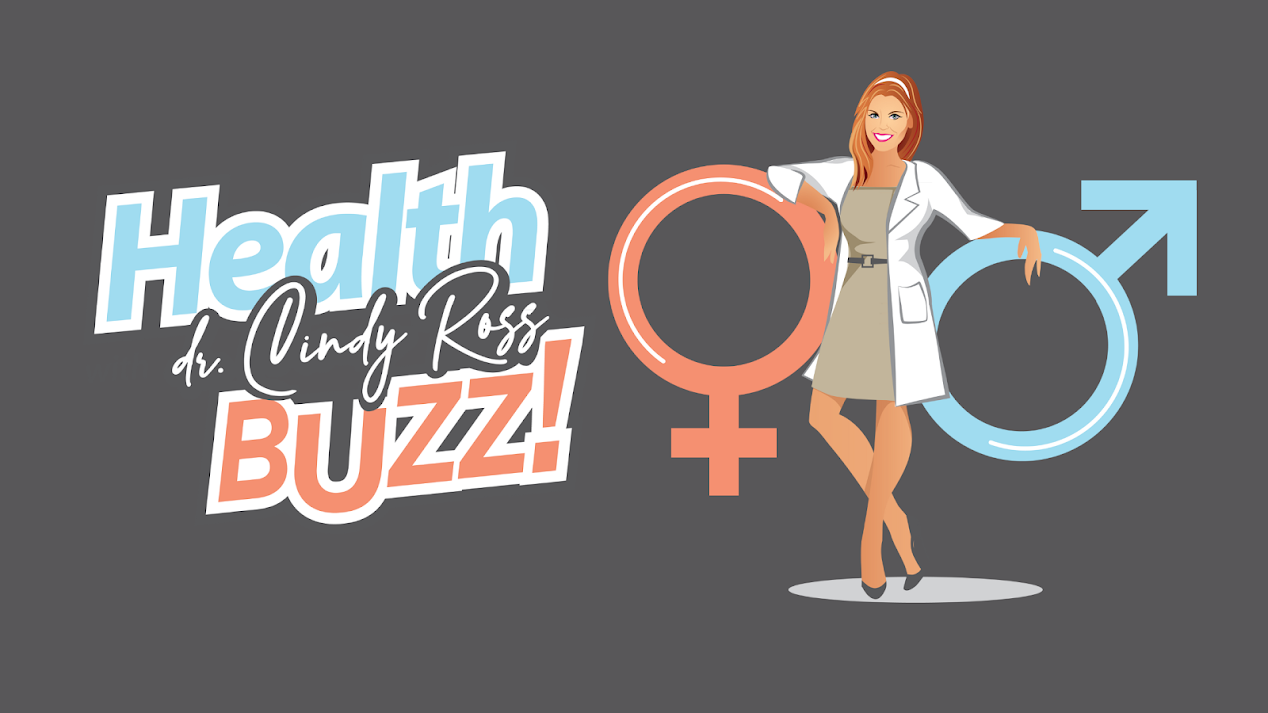At Life Wellness Forever, we recognize that modern testosterone thresholds fail to reflect true health—they mirror the hormonal decline happening across the population. In the 1980s, a man in his 30s with testosterone levels of 350 ng/dL would have been diagnosed with low testosterone and treated accordingly. Today, that same level is often considered “normal” because lab thresholds have been adjusted downward to 300 ng/dL. This shift isn’t based on better science—it’s rooted in declining population averages.
Lab ranges are calculated by sampling the population and defining “normal” as a statistical average. As testosterone levels have dropped, these averages have shifted, redefining dangerously low levels as acceptable. This change has far-reaching consequences. In the 1980s, fewer than 10% of men had low testosterone, but today, that number ranges between 30% and 80%, depending on age. Even younger men are being affected, facing unprecedented rates of testosterone deficiency.
Low testosterone is about far more than energy or libido—it’s a significant health crisis. Men with low levels are at higher risk for obesity, type 2 diabetes, cardiovascular disease, osteoporosis, depression, and cognitive decline. Male infertility has skyrocketed, with sperm counts dropping by 50–60% since the 1970s. However, one of the most concerning correlations is the relationship between low testosterone and cancer risk, particularly prostate cancer.
Research shows that hormonal imbalances, including low testosterone, can create an environment conducive to cancer growth. Testosterone is essential for maintaining cellular health, and its deficiency may contribute to inflammatory processes and metabolic disturbances that increase cancer risk. For prostate cancer specifically, men with low testosterone often face more aggressive forms of the disease, as disrupted hormonal balance may enable malignancy to thrive.
At Life Wellness Forever, Dr. Cindy Ross is dedicated to addressing these critical health issues through integrative, personalized care. By restoring hormonal balance and focusing on root causes like diet, environmental toxins, stress, and lifestyle, we empower men to take back control of their health. Low testosterone isn’t just a sign of aging—it’s a wake-up call. Together, we can redefine what’s “normal” and create a path to optimal health and cancer prevention.
#cancer #cancerprevention #lowtestosterone #testosterone #menshealth #health #integrativeoncology #cancerawareness #lifewellnessforever #drcindyross #oncology


No comments:
Post a Comment
Thanks for taking the time to check out my blog!